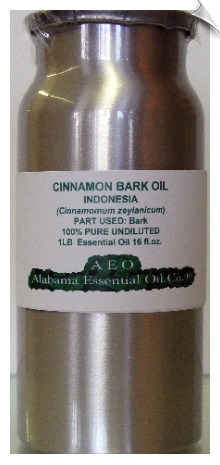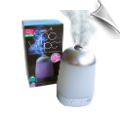 Essential Oils Safety & Disclaimer:
This information is for educational purpose only, it is not intended to treat, cure, prevent or, diagnose and disease or condition. Nor is it intended to prescribe in any way. This information is for educational purpose only and may not be complete, nor may its data be accurate.
As with all essential oils, never use them undiluted. Do not take internally unless working with a qualified and expert practitioner. Keep away from children. If applying an essential oil to your skin always perform a small patch test to an insensitive part of the body (after you have properly diluted the oil in an appropriate carrier.
These statements have not been evaluated by the FDA. These products is not intended to diagnose, treat, cure, or prevent any disease. Please consult a health care professional if you are pregnant or have any serious medical conditions.
Alabama Essential Oil Company® | 136 N MT Pleasant Ave.
Monroeville, AL 36460
Copyright © 2006-2021 All Rights Reserved | 251.575.9908
Essential Oils Safety & Disclaimer:
This information is for educational purpose only, it is not intended to treat, cure, prevent or, diagnose and disease or condition. Nor is it intended to prescribe in any way. This information is for educational purpose only and may not be complete, nor may its data be accurate.
As with all essential oils, never use them undiluted. Do not take internally unless working with a qualified and expert practitioner. Keep away from children. If applying an essential oil to your skin always perform a small patch test to an insensitive part of the body (after you have properly diluted the oil in an appropriate carrier.
These statements have not been evaluated by the FDA. These products is not intended to diagnose, treat, cure, or prevent any disease. Please consult a health care professional if you are pregnant or have any serious medical conditions.
Alabama Essential Oil Company® | 136 N MT Pleasant Ave.
Monroeville, AL 36460
Copyright © 2006-2021 All Rights Reserved | 251.575.9908















